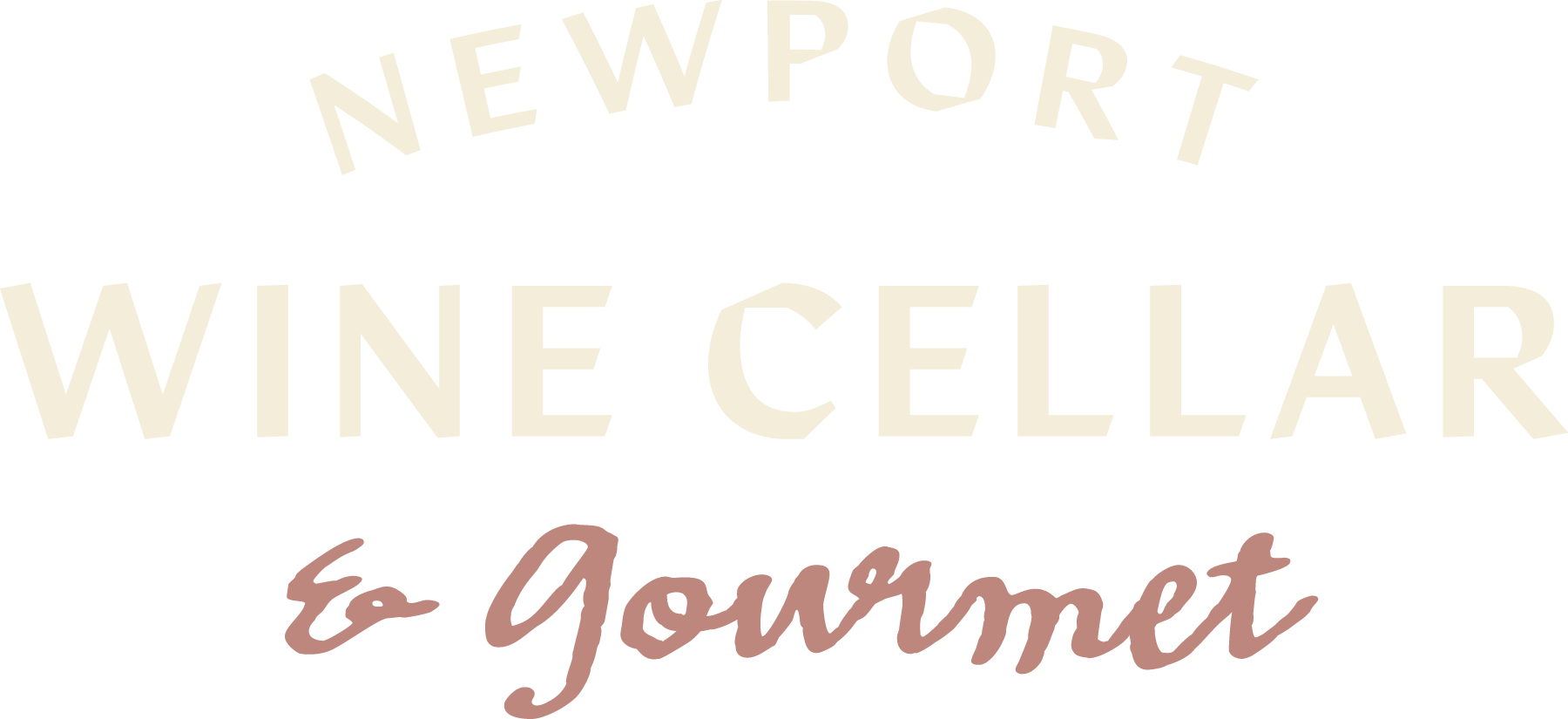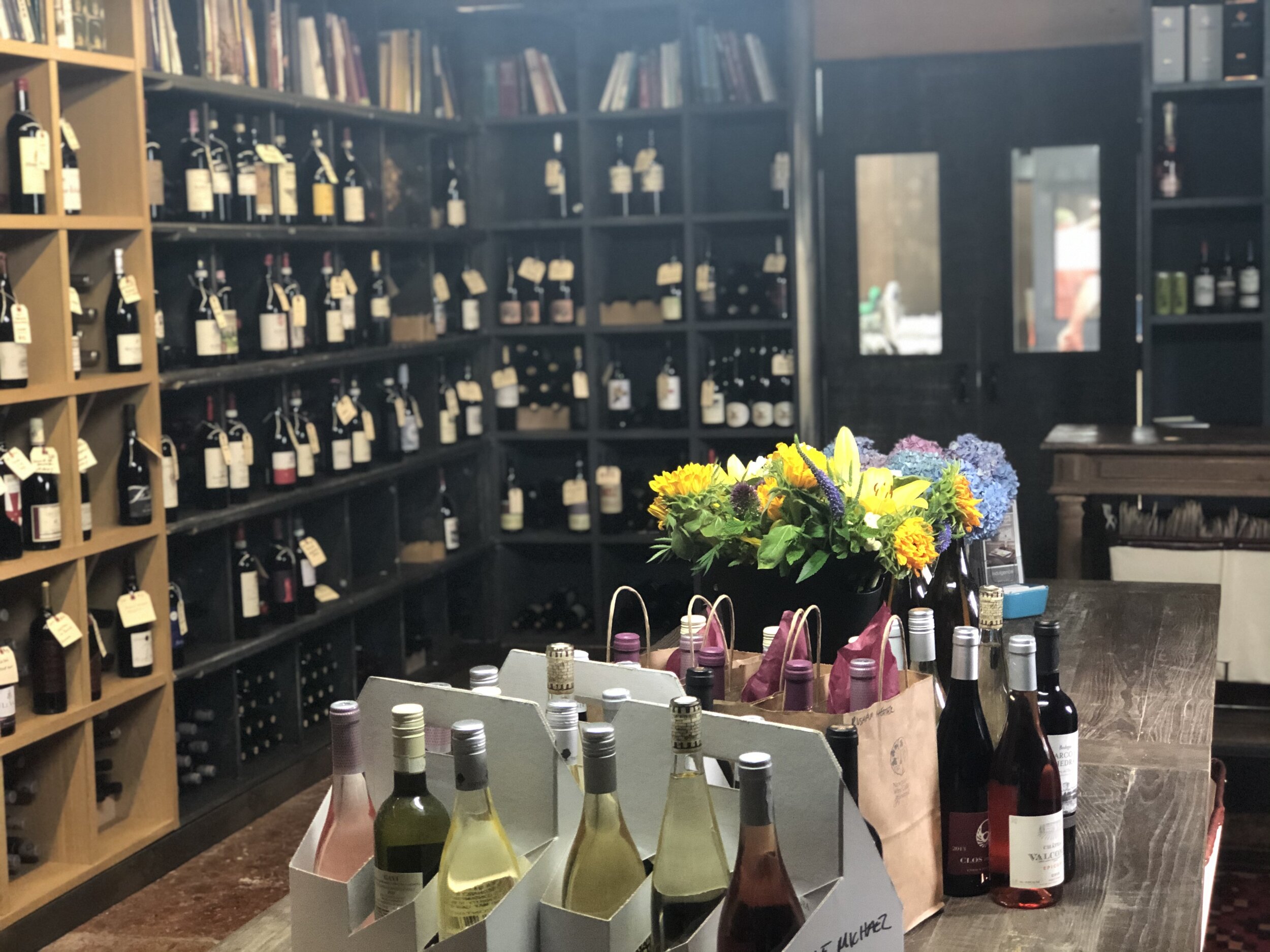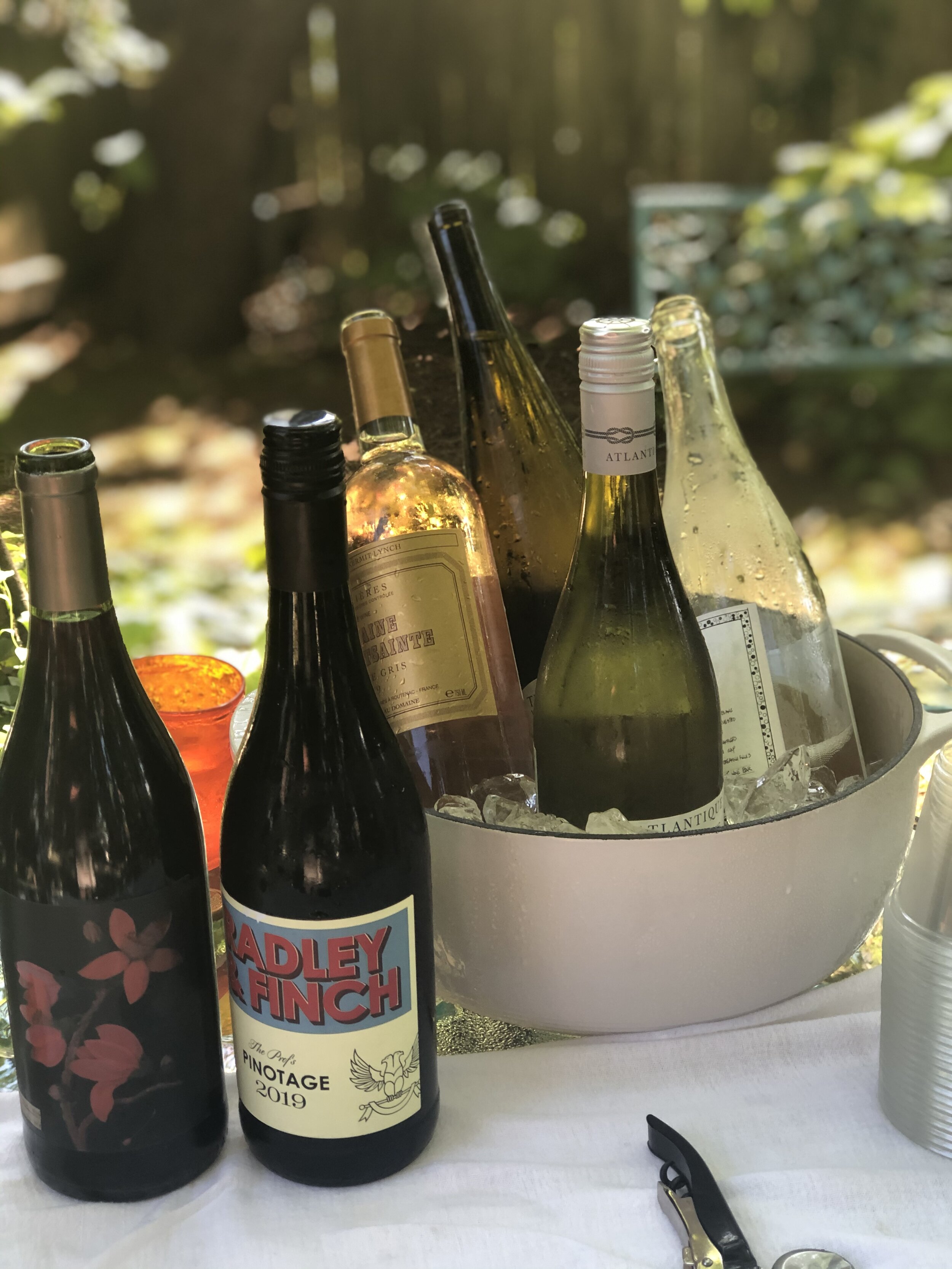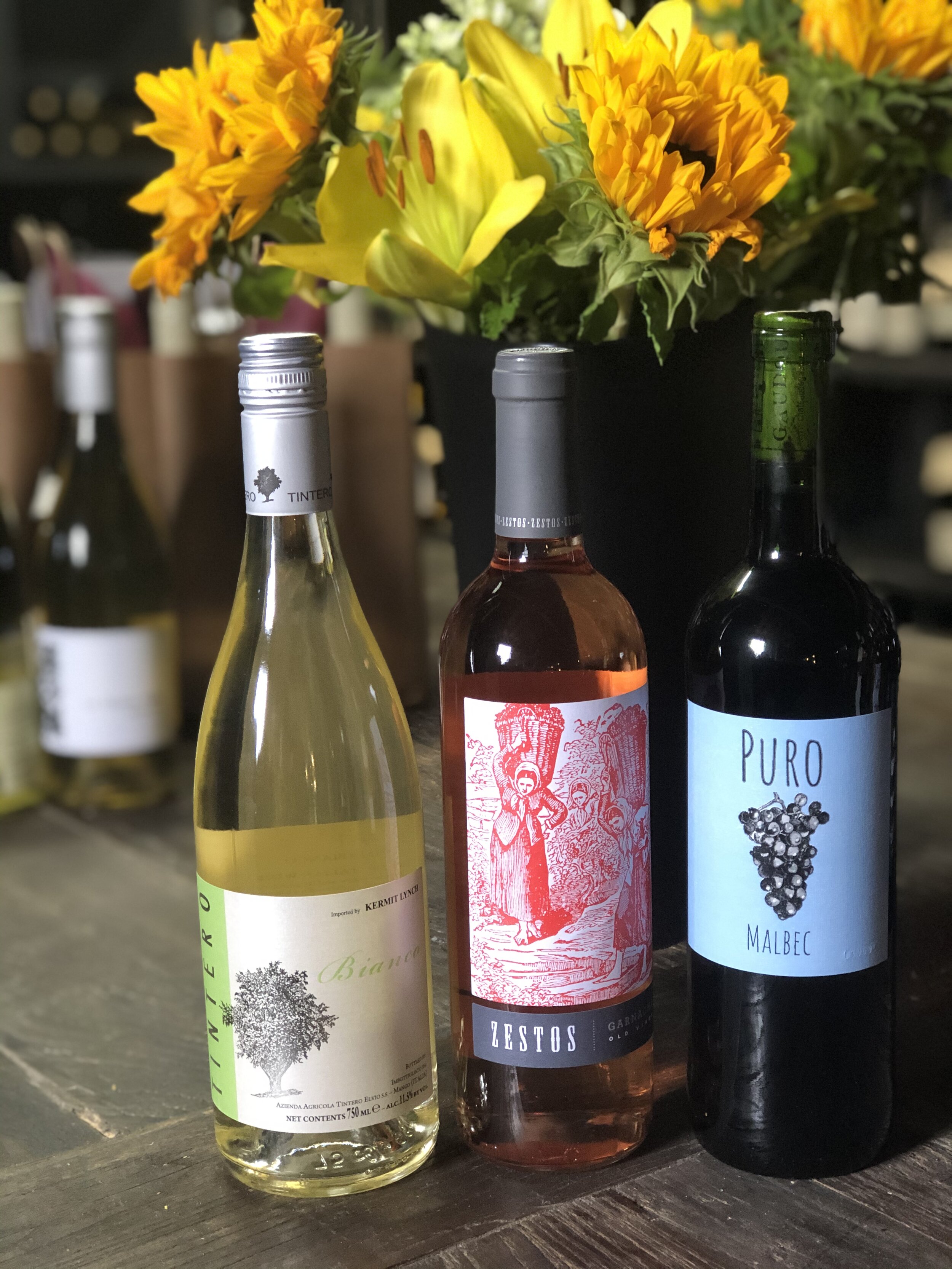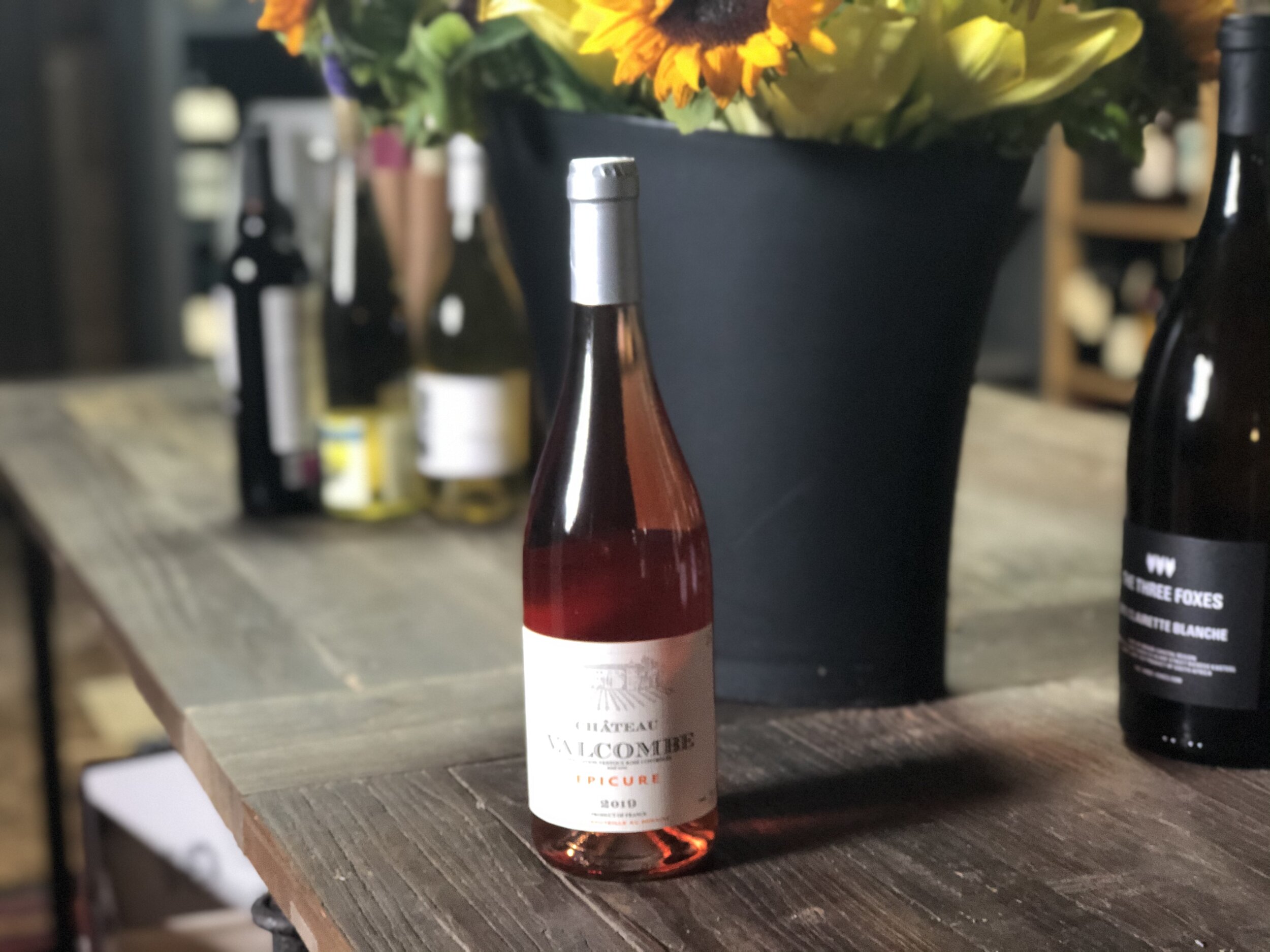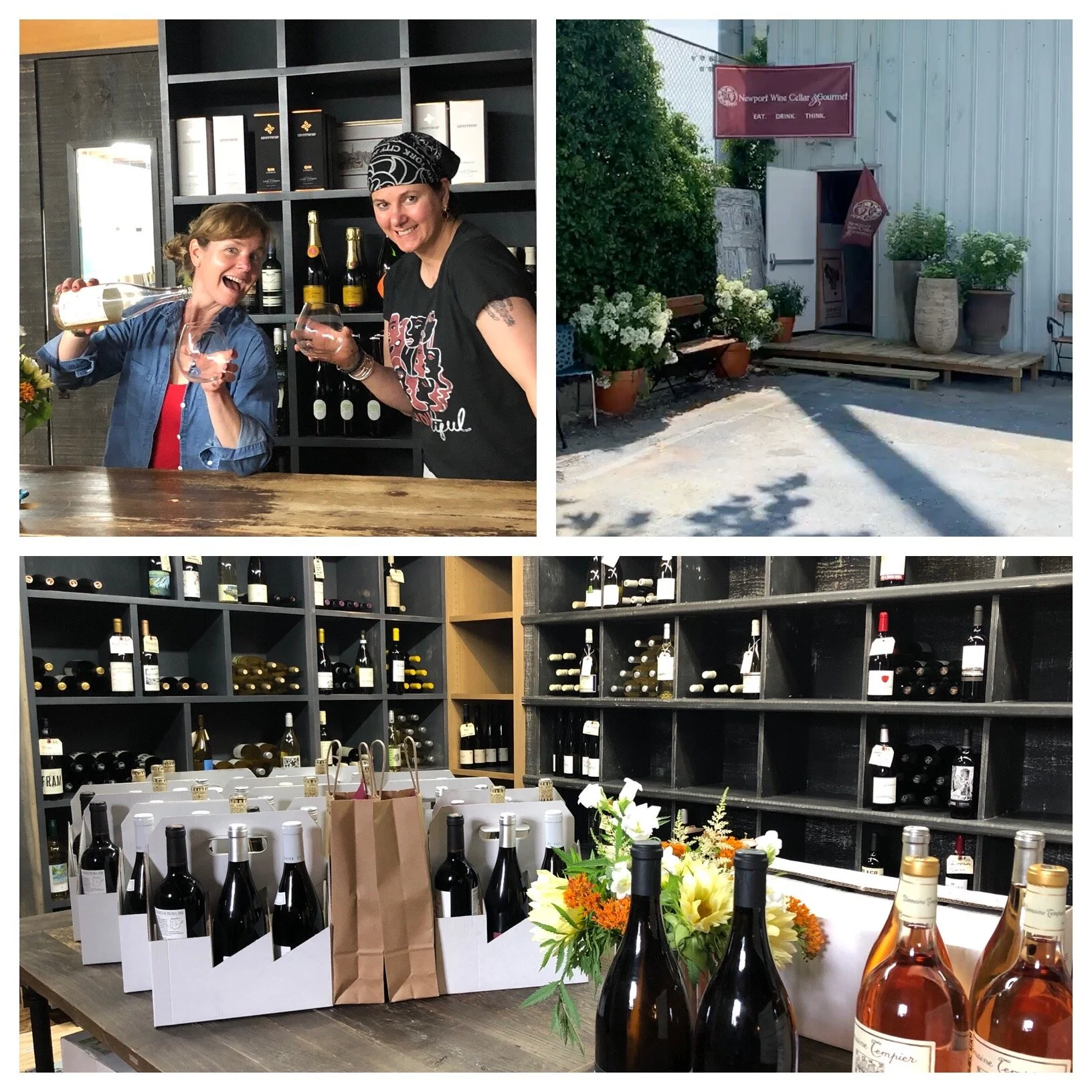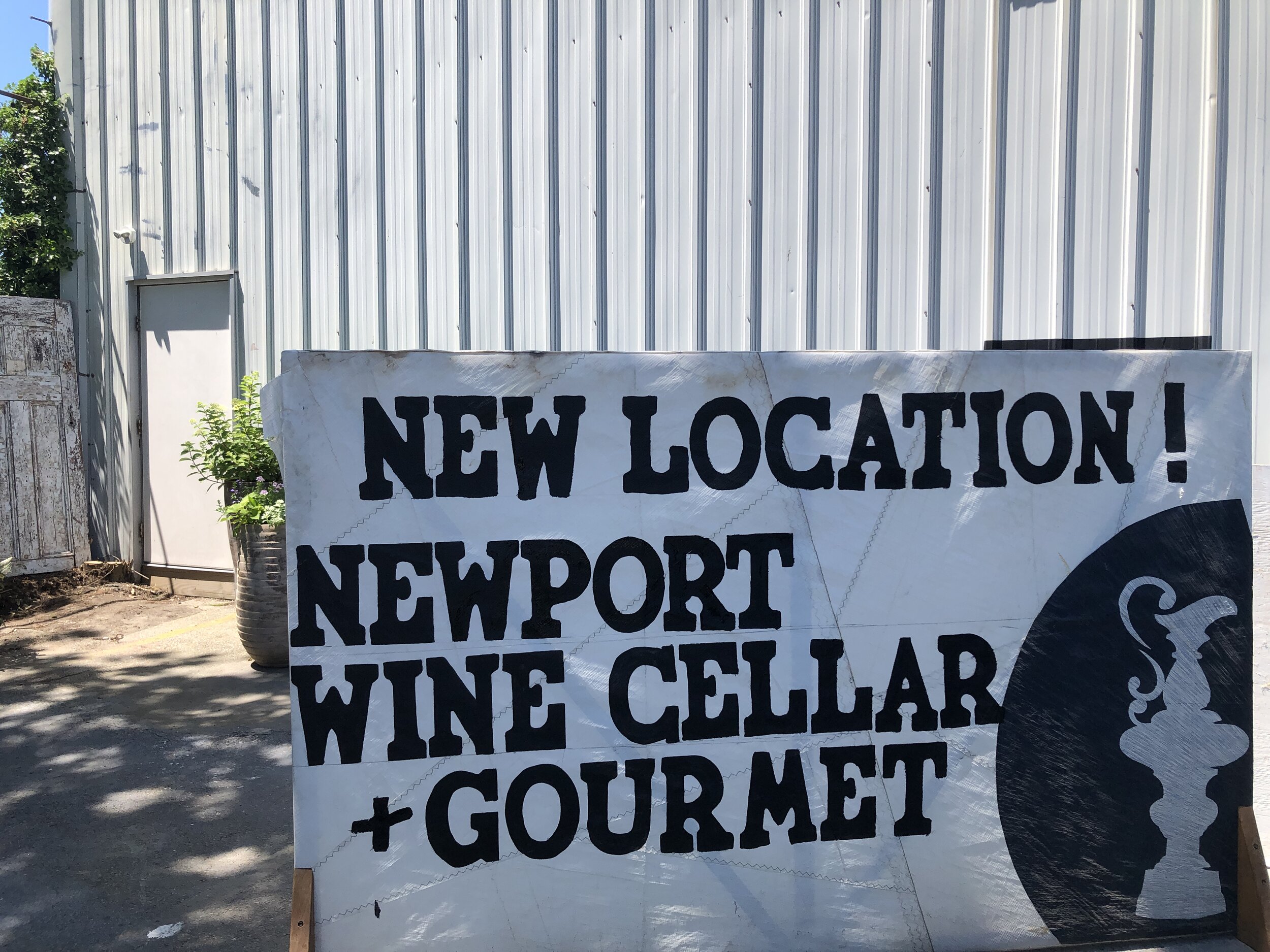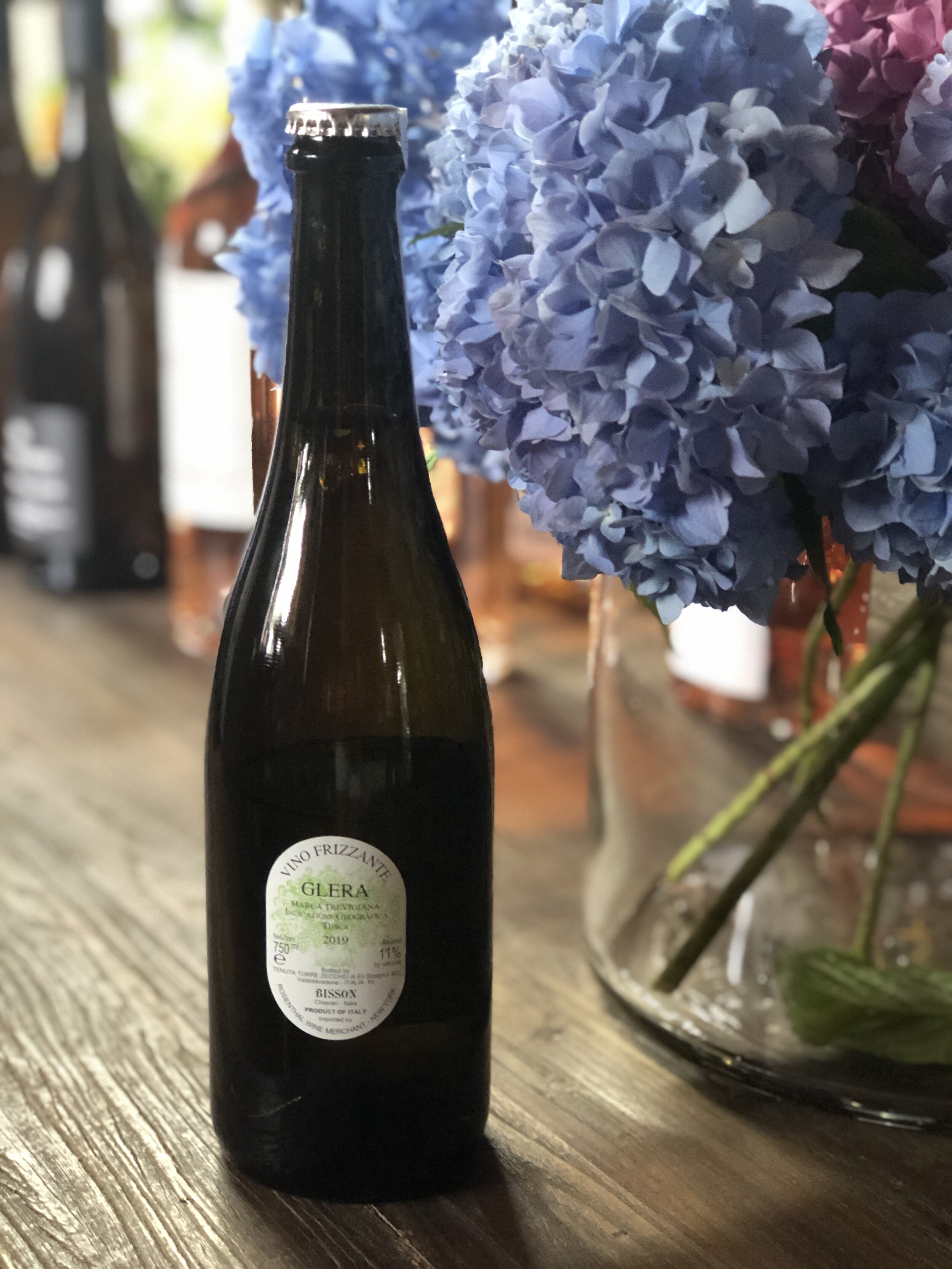I am getting settled into my new digs, and while there is still much to do before the project is completed, it feels like home already. The wine shop is open (Wednesday-Sunday 12-6 & by appointment), the work on the gourmet is underway (projected to be open by August 1), but I am left, like many of you, wondering what I am now, who I am, and what my shops are.
Yes, still Newport Wine Cellar & Gourmet, and yet, they are decidedly different and my role is as well. I found myself on Saturday having time to engage with one of my customers describing some wines that I thought would work well for her dinner party. I felt joyful and not at all rushed. I had time to thoughtfully select wines that would enhance her dinner—what a thrill. We talked about how she was cooking the lobsters, the sides she had selected, the guests, and the feel she wanted to create. We threw around ideas for whites, reds, and even some rosés, and in the end, she went with a super light bodied red that she could put a chill on. She loved the idea of doing something that seemed to break the rules. The experience was so fun for us both.
What is different? I wasn’t rushing back to the kitchen to check the oven. I know that many of you will miss my food, and I have already felt the absence of that work with some emotion, but ultimately it took me away from my love, which is talking to you about wine, sharing the stories of menus, winemakers, and hearing your own stories about food and wine—it is the conversation that I love the most.
Food will still be a big part of what I do. The Gourmet will reopen, as soon as possible, and will have shelves full of wonderful cheeses, meats, spreads, and pantry ingredients for you to cook with and to pair with wines. I will be seeking out the very best ingredients to stock your pantries and kitchens! I also had the chance this week to cook paella for a special customer’s birthday celebration.(yes, I am available for private cheffing!) In the absence of being able to travel to Spain to celebrate with friends, I prepared a menu of tapas and paella, paired with Spanish wines to acknowledge her 40th. It was a blast to be able to do that! I cooked for 2 days with such joy and when they enjoyed the food, I felt purposeful and needed. I love to feed people even more than I love to eat.
So, I suppose, I am still a chef, a shop keeper, a winemaker and monger, a lover of menus and meals, but most importantly, I still have a connection with all of you. That is what makes the job fun, and now I have more time to do that and time to write about it! Thanks for reading, and giving me purpose…let’s continue to eat, drink, and think together.
Cheers, Maria
